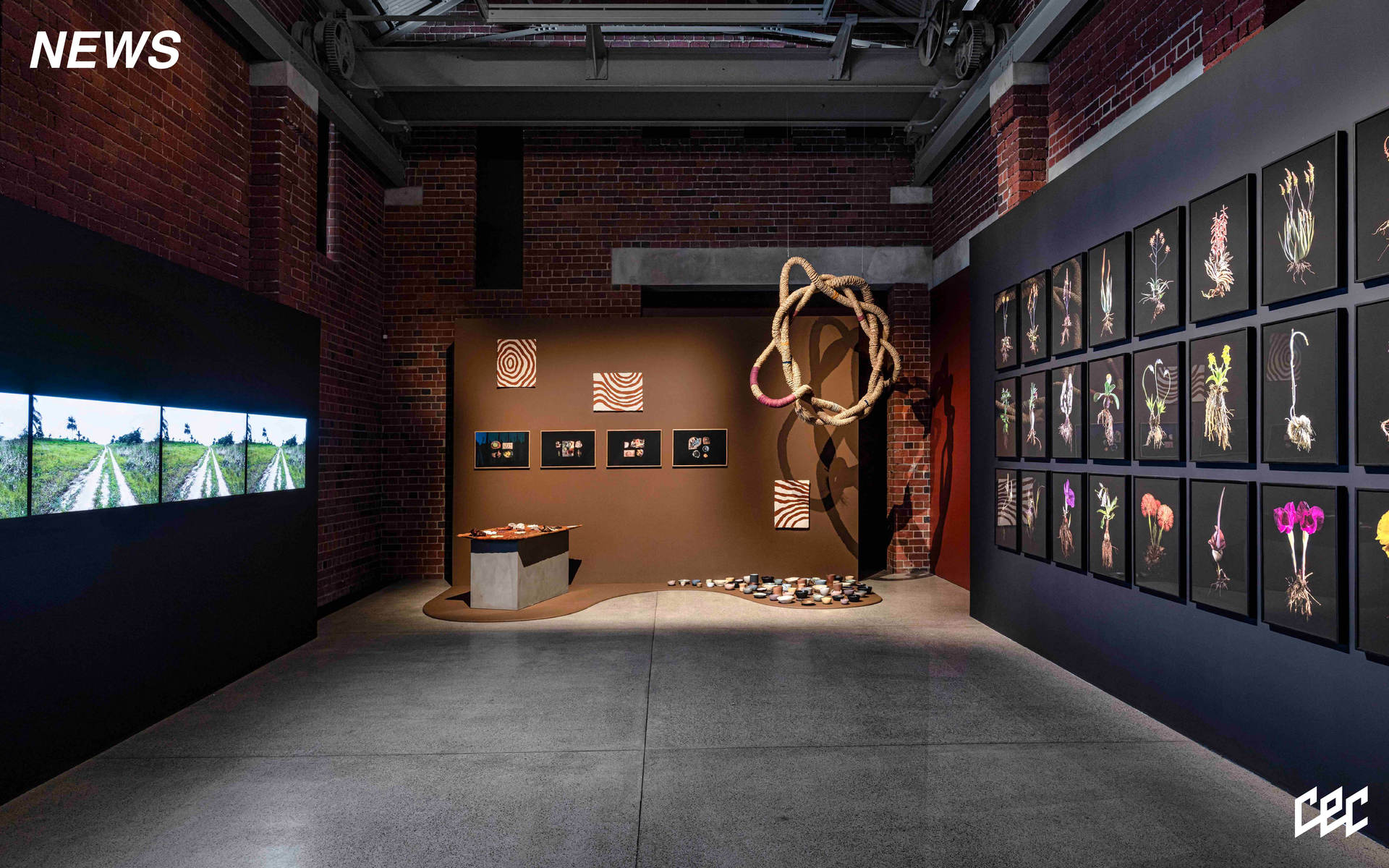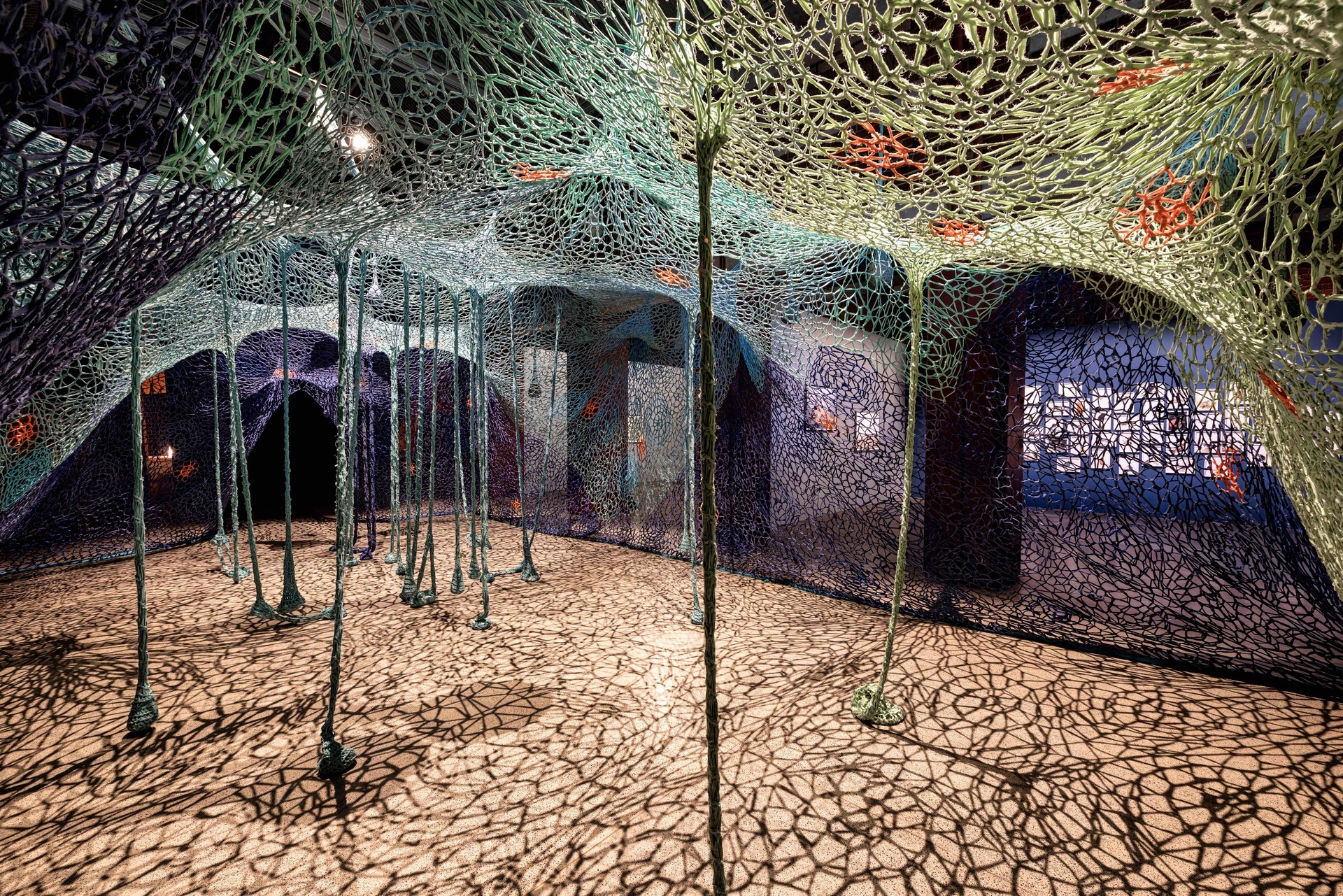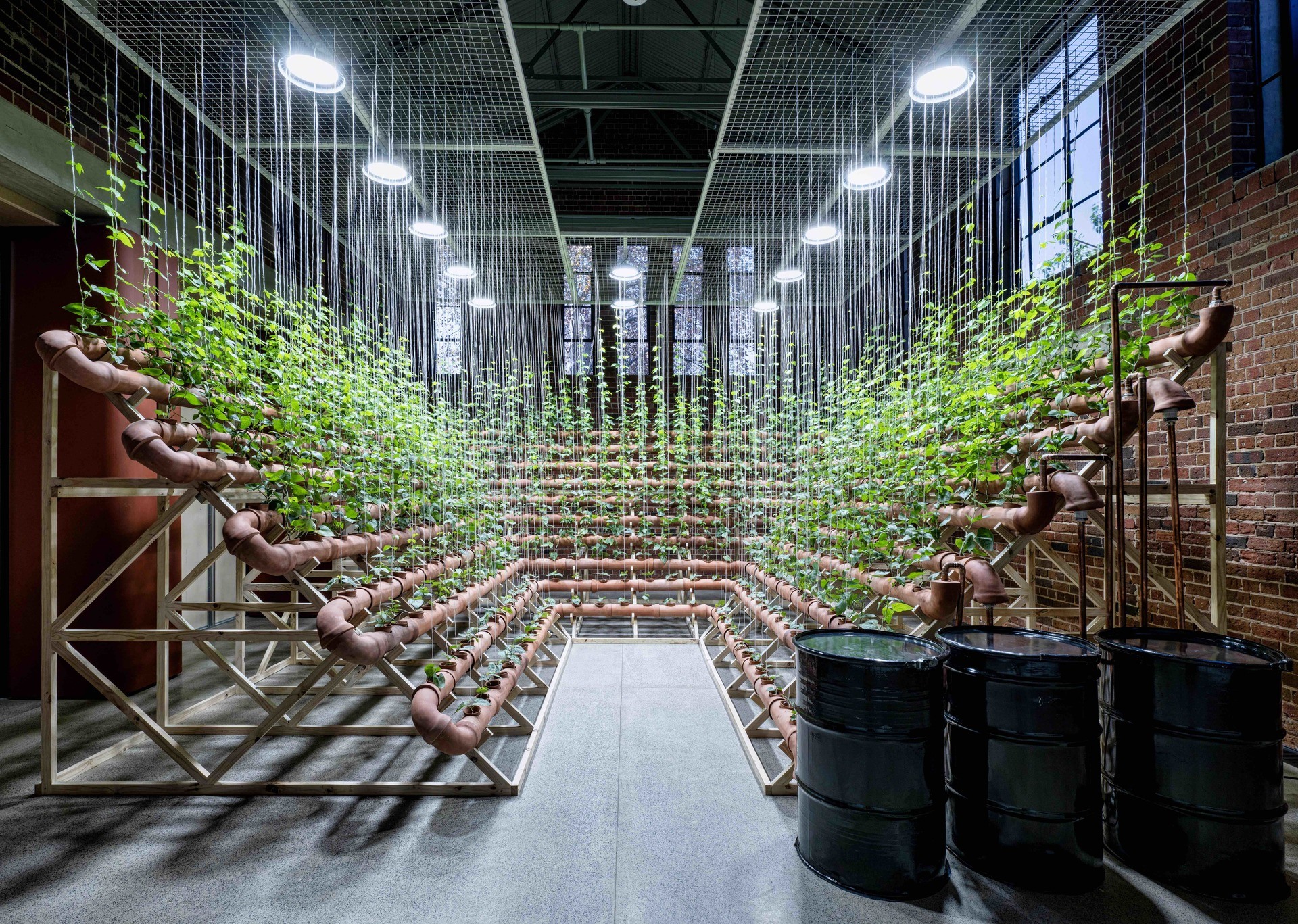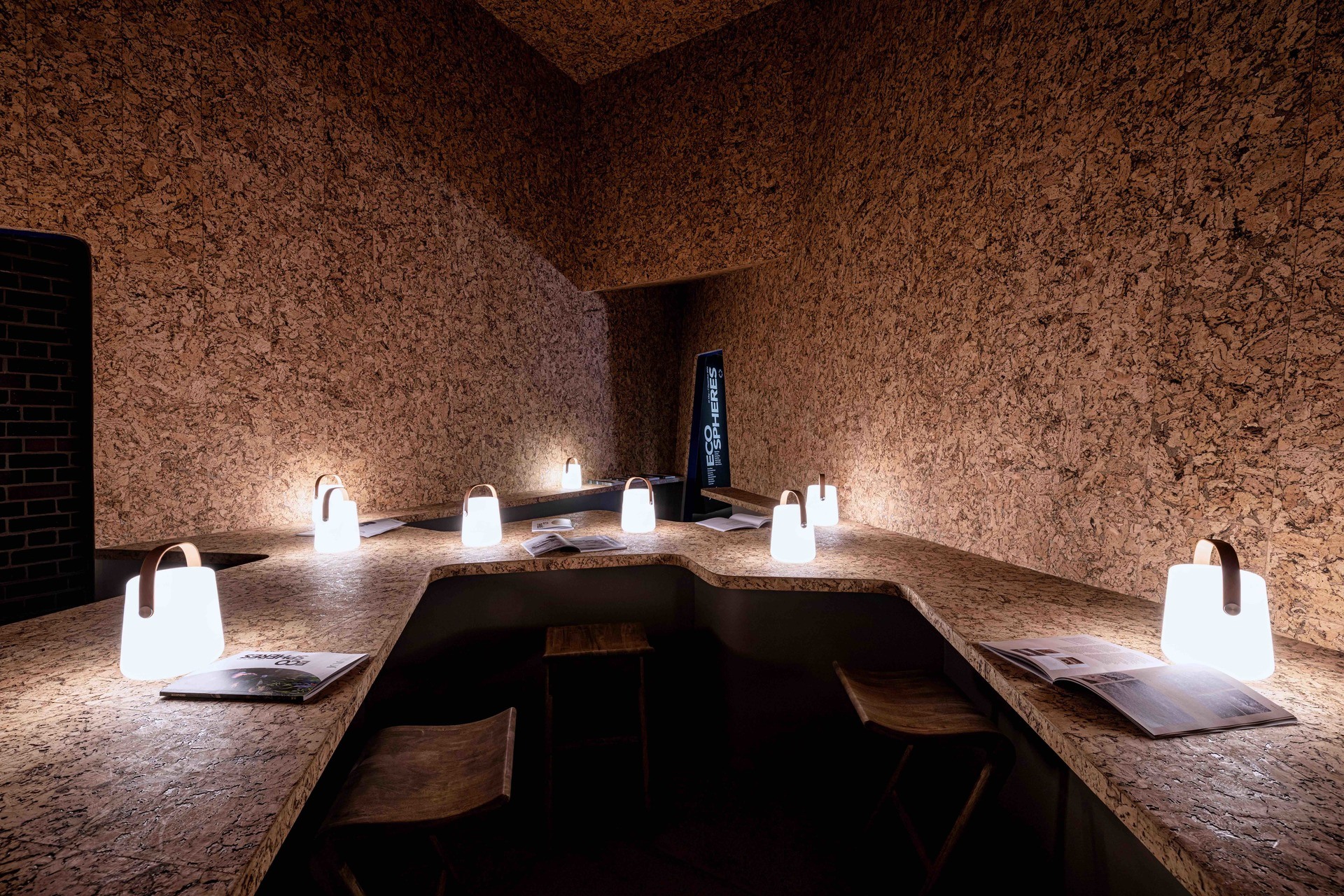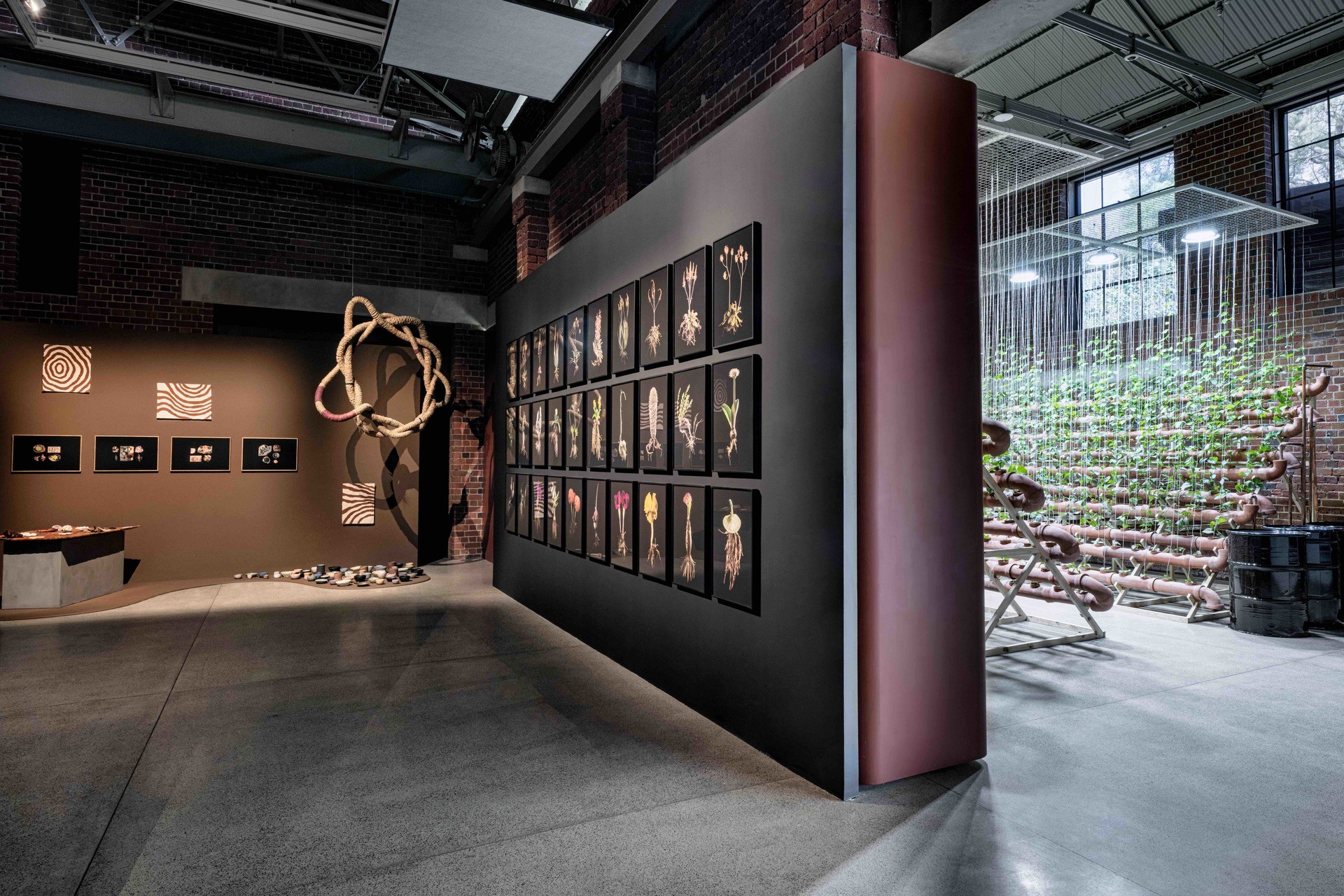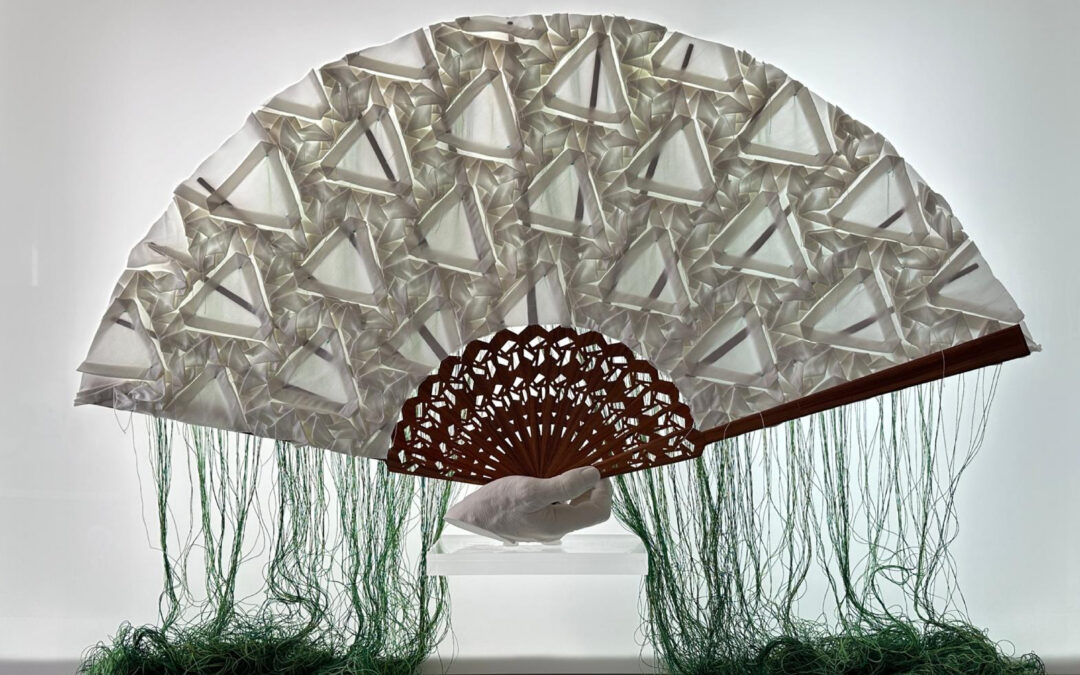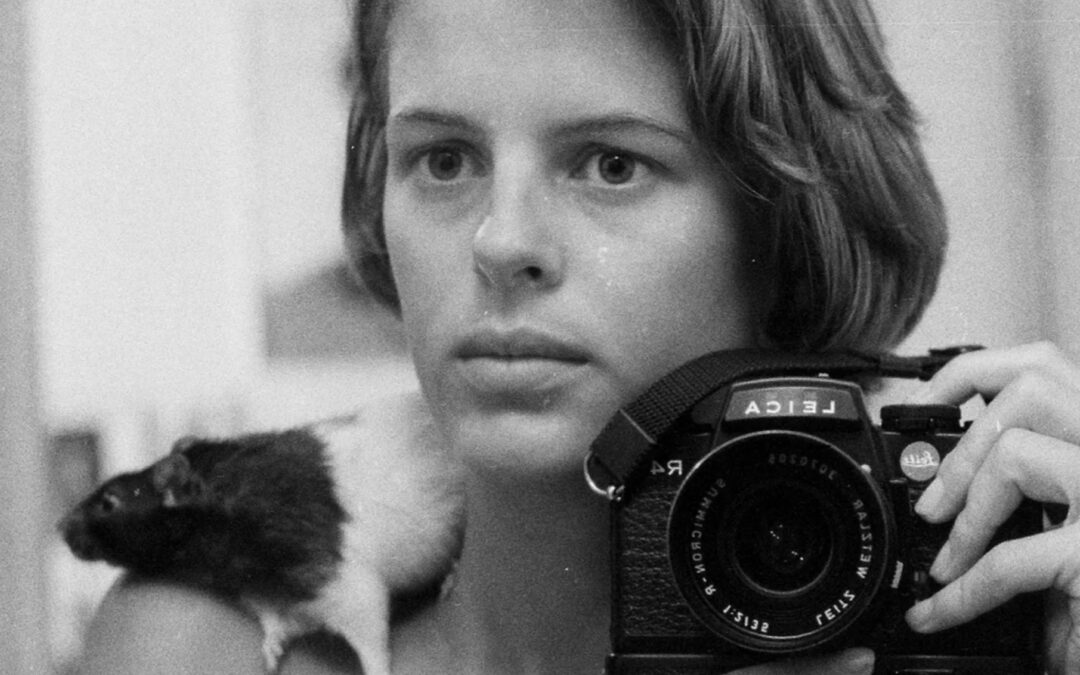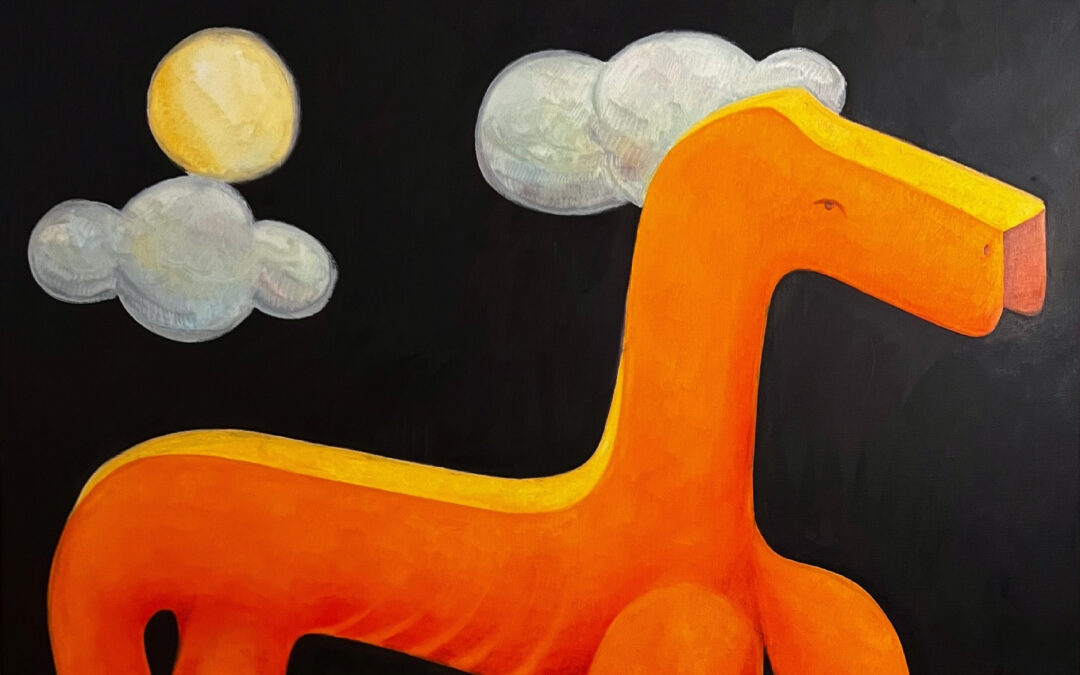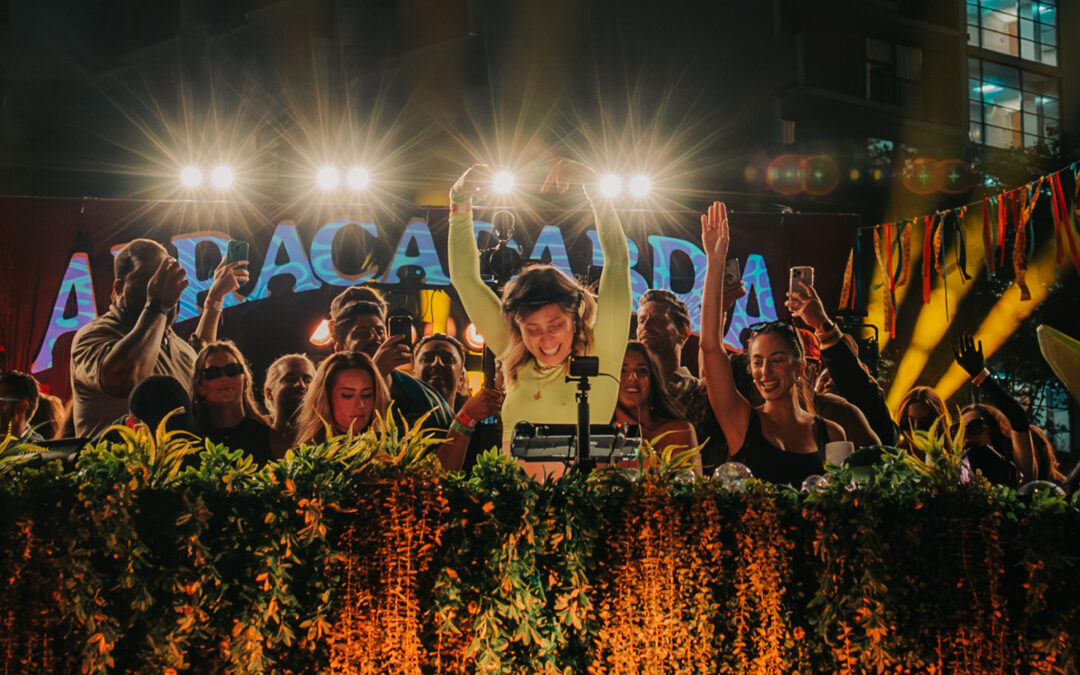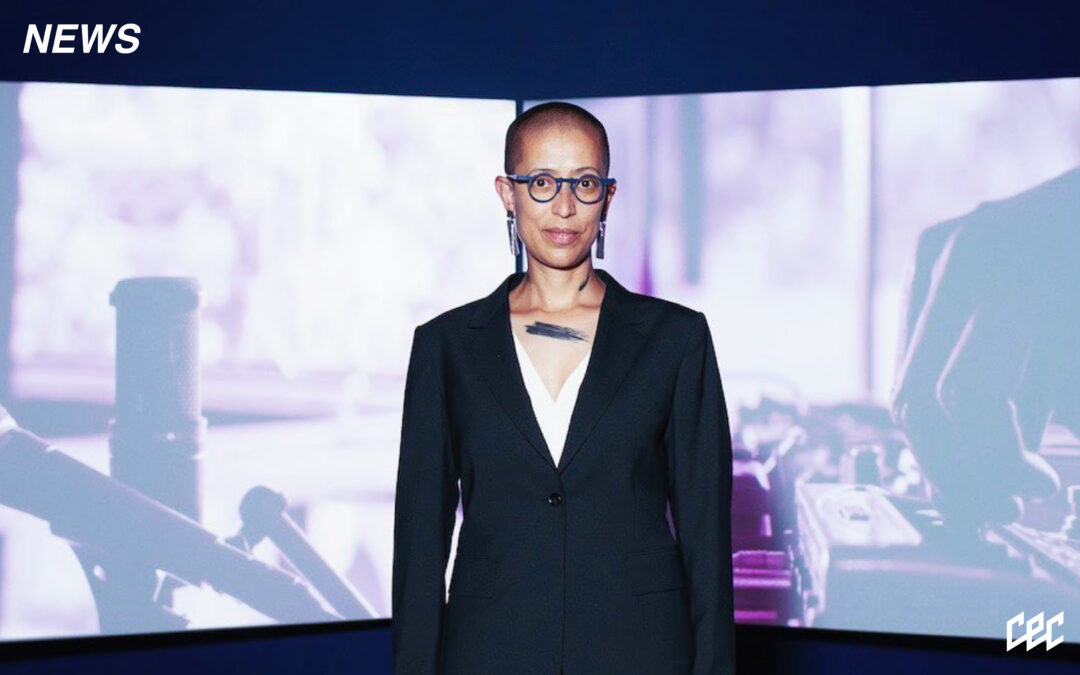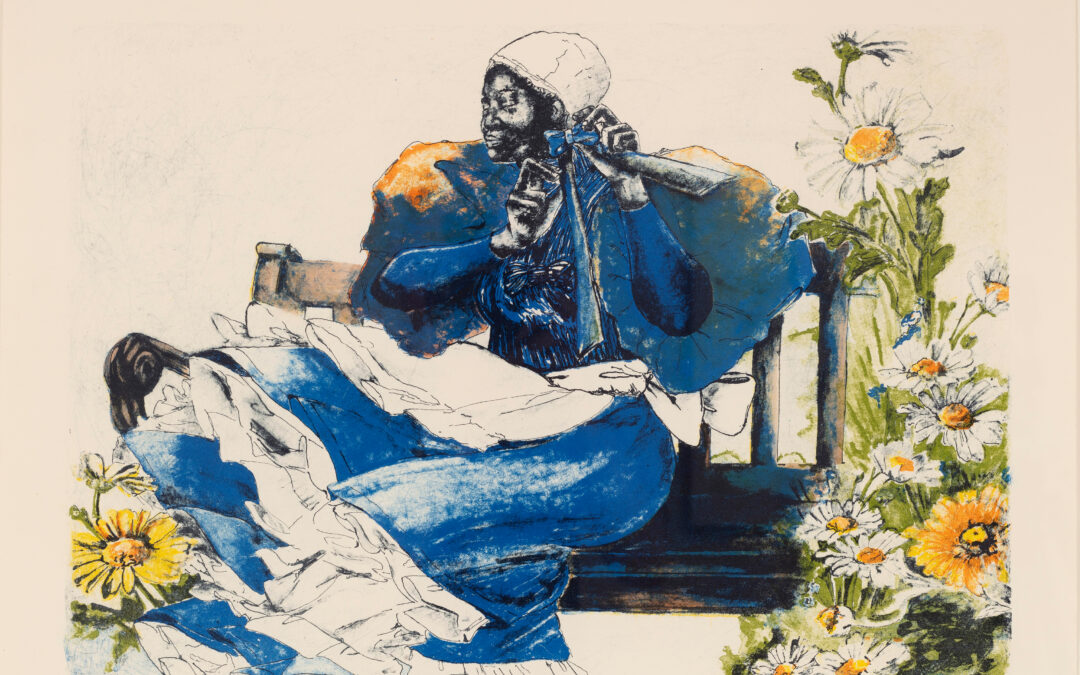The Joburg Contemporary Art Foundation (JCAF) is embarking on a new three-year research theme called Worldmaking, which refers to the ways we collectively make the spaces that we inhabit around us through symbolic practices. Over the next three years, JCAF will explore this concept through a trilogy of exhibitions, along with an accompanying series of talks and publications.
“The human drive towards meaning-making leads us to both consciously and unconsciously build our world from social conditioning, scientific rationality, artistic traditions and our own struggle for survival,” says JCAF’s Executive Director, Clive Kellner.
The first exhibition titled Ecospheres, opens to the public on 31 May 2024, and aims to address the topic of ecology, the environment, climate and the natural world through the concept of making-with (living with). “The process of making-with suggests that nothing makes itself,” says Kellner. “When we make-with, we are inextricably bound to the earth. There is a sense that we – as humanity – are responsible for the earth and all living creatures as a form of stewardship.”
Ecospheres unpacks the notion of Symbioscene, the thinking that humans are to live as part of a harmonious interaction between all living creatures. This is opposed to the period we are currently living in, known as the Anthropocene, where human activity has been the dominant influence on climate and the environment.
Based on the elements of Water, Air and Earth, the exhibition is divided into three Atmosphere Rooms. These Atmospheres function as conceptual spaces that foreground and amplify various artists and artworks in relation to the thematic ideas of the exhibition. Water is engaged as a mediator connecting the natural world to people, places and identity. The properties of Air as both a political and poetic construct are examined through the bonds of kinship, migration, diaspora and the lingering effects of atmospheric violence. The section on Earth embodies ideas of indigenous knowledge and sustainability, exploring how local indigenous knowledge informs the creation of ideas that shape art, culture and food.
The exhibition is an immersive experience that includes installations of hydroponic plants, oceanic inspired knitted textile, botanic photography, sound and meditative paintings of migratory birds. Visitors will also have the opportunity to enjoy a newly built Reading Room within the gallery. This space, designed by Wolff Architects, serves as a library for one book: the Ecospheres Reader, and is intended for convivial gatherings and discussions.
Featured artists:
Sutapa Biswas (India/United Kingdom)
Ximena Garrido-Lecca (Peru)
Bronwyn Katz (South Africa)
Zayaan Khan & Coila-Leah Enderstein (South Africa)
Mater Iniciativa (Peru) in collaboration with Alejandra Ortiz de Zevallos Rodrigo (Peru) and Isabella Celis (Colombia)
Rithika Merchant (India)
Ernesto Neto (Brazil)
Zizipho Poswa (South Africa)
Jonah Sack (South Africa)
Zina Saro-Wiwa (Nigeria/United Kingdom)
Russell Scott (South Africa)
Michael Tsegaye (Ethiopia)
Special projects:
Wolff Architects (South Africa)
Rebecca Potterton (South Africa)
Exhibition dates: 31 May – 7 December 2024
Bookings can be made on the JCAF website
Exhibition viewing is by appointment only
Entrance to JCAF is free to the public
About JCAF
JCAF is a foundation dedicated to research, technology and art. As a hybrid institution, JCAF combines an academic research institute, an innovative technology laboratory and a platform for museum-quality exhibitions. JCAF is a non-collecting foundation, which does not own art or house a private art collection. JCAF curates its programmes according to a three-year theme, the second being Worldmaking (2024– 2026). Research from the first theme, Female Identities in the Global South (2020-2022), is available at www.jcafjournal.org.za. Our ethos is to advance the appreciation of modern and contemporary art through the production, sharing and preservation of knowledge.
One of the unique aspects of JCAF is its approach to exhibitions, which proposes a personal encounter between the visitor and the artwork. Our aim is to slow down the experience of looking at and engaging with art, so as to instill an approach to viewing art that is reflective rather than consumerist. The foundation has a touchscreen in which visitors can explore information about the building and organisation history, our research and previous exhibitions.
Press release courtesy of JCAF
For more news, visit the Connect Everything Collective homepage www.ceconline.co.za

